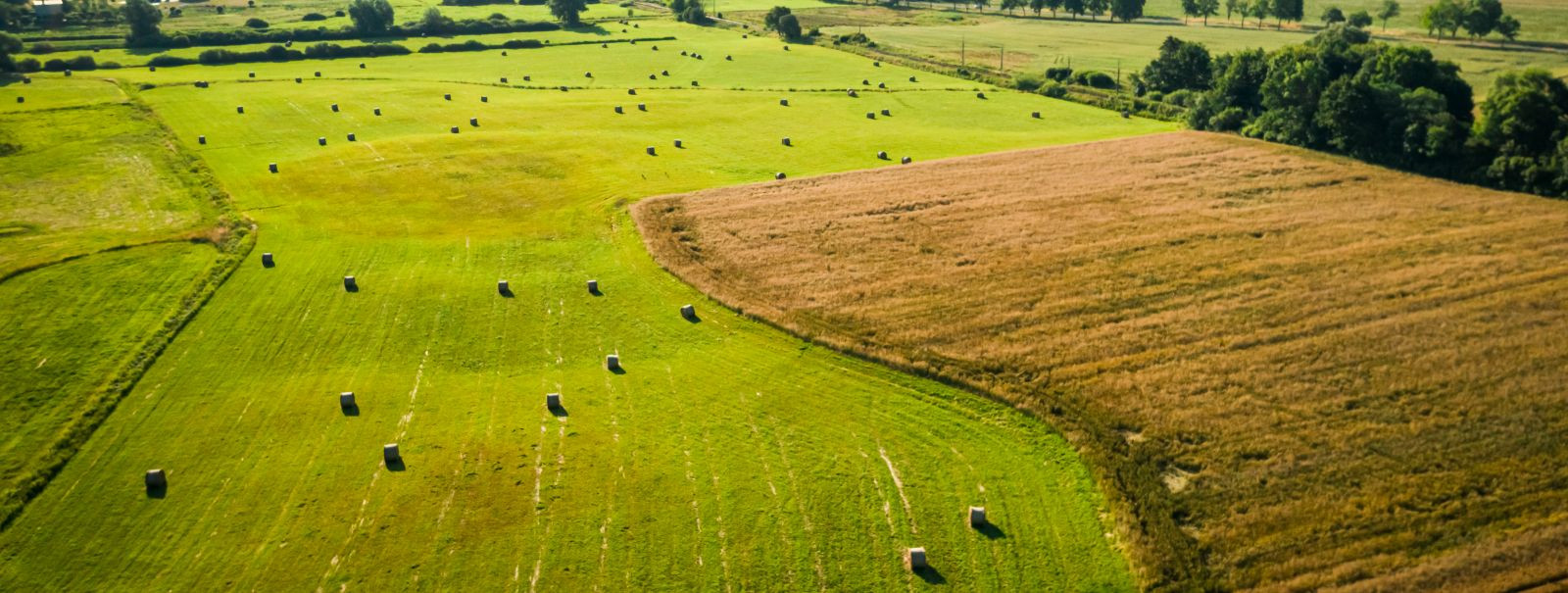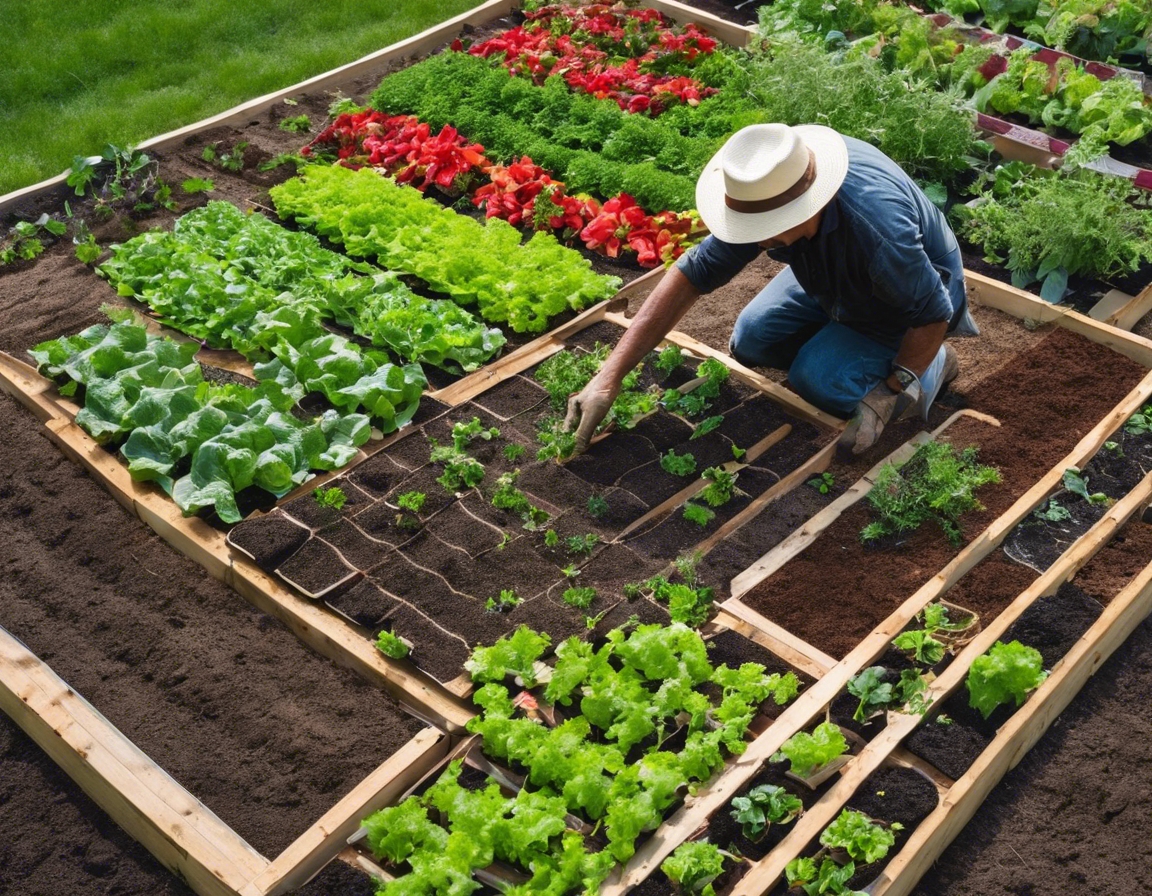5 reasons why polycultures are the future of farming
Polyculture farming is a method of planting multiple crops in the same space to promote diversity and symbiosis. Unlike monoculture, where a single crop is grown over a large area, polyculture mimics the diversity of natural ecosystems, creating a more resilient and sustainable farming model.
Historically, polyculture was the norm before the industrial revolution introduced the efficiencies of monoculture. However, as we face environmental challenges, there's a resurgence in the interest in polyculture practices.
Enhanced Biodiversity
Polycultures support a wide range of plant and animal species, which can lead to healthier ecosystems. This diversity ensures that there are various habitats and food sources available, promoting a balance within the environment.
By enhancing biodiversity, polycultures contribute to the overall health of the planet, including improved pollination services, soil fertility, and water conservation.
Improved Soil Health
Diverse plantings in polycultures help maintain nutrient balance and improve soil structure. Different plants have varying nutrient needs and rooting depths, which can lead to a more efficient use of soil resources.
The varied root systems of polycultures can help to prevent soil erosion, a significant issue in monoculture systems where the soil is more exposed.
Increased Productivity and Resilience
Polycultures can lead to more stable yields over time, as the diversity of crops can buffer against the failure of any single crop. This risk management is crucial for food security and farmer livelihoods.
The resilience of polycultures also extends to their ability to adapt to changing climate conditions, making them a forward-thinking choice for sustainable agriculture.
Pest and Disease Management
Polycultures can reduce pest populations naturally, as the diversity of plants can interrupt pest life cycles and attract beneficial predators.
With natural pest control, there's less reliance on chemical pesticides, which is better for the environment and can lead to healthier food products.
Economic and Social Benefits
Polycultures can be more cost-effective in the long run due to reduced input costs and the potential for multiple revenue streams from different crops.
Implementing polyculture practices can strengthen community ties and preserve cultural farming traditions that have been passed down through generations.





Comments (0)